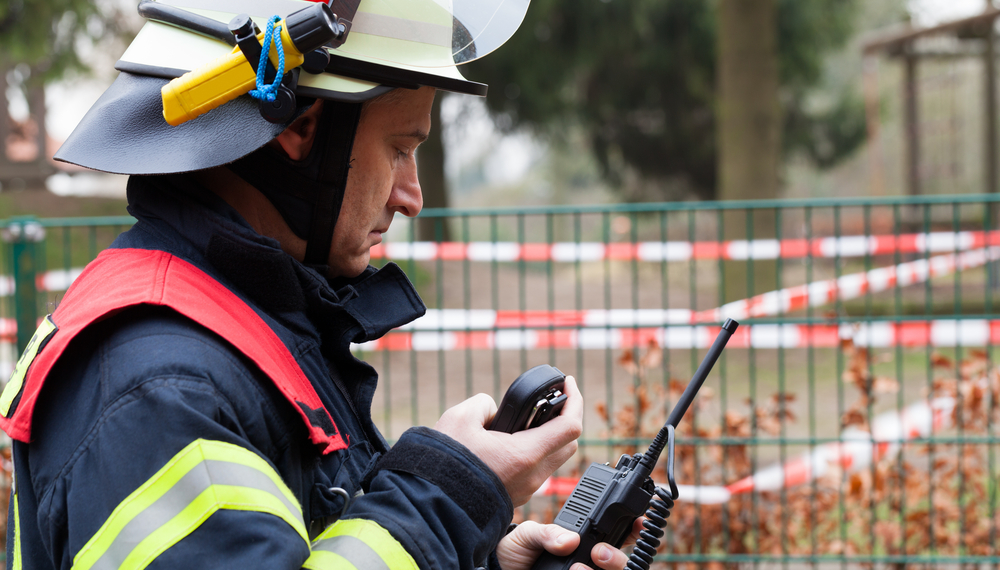About emergency services, communication is essential. Good communication, especially during crisis or disasters is fundamental to enhance the best response. The focus should always be on the people who are affected and good communication helps to ensure the safety of those people.
In occasion of The Emergency Services Show 2018 on 19th and 20th September, in Birmingham, we interviewed professionals and experts in the emergency field who will participate at the event as speakers.
During the 19th September seminar at the Collaboration Theatre, from 15:15 to 15:40, Professor Paresh Wankhade will talk about communication and interoperability in the emergency care. His seminar is called “Looking beyond Protocols: Improving interoperability with a better understanding of organizational and peoples’ issues“.
Professor Wankhade is emergency services management expert and director of research at the Edge Hill University of Omskirk in the UK. He also leads the UK’s first professional doctorate program in the emergency services management that they have developed at the University and which he leads. He’s also the editor-in-chief of the international journal of emergency services which is an emerald academic journal they publish research papers. He is also an academy and a researcher and commentator, PhD in ambulance performance and culture management from the University of Liverpool. He regularly writes, publishes and works on the analysis of staging leadership organizational culture performance and change and interoperability between the emergency services in the UK. Also, he published works in collaboration with professionals or the leadership and management perspective in the ambulance police and fire and rescue services and he also chairs specialist panels on emergency services at major international conferences such as the British Academy of Management the European Academy of Management and the others.
The importance is to focus on the clarity of the message. Nowadays another element to bear in mind is the function of social media channels. When a disaster occurs, before to read it on journals, we read it on socials, like Twitter and Facebook. From a theoretical point of view, it could be very useful, but they’re still is the issue of wrong information, i.e. wrong communication.
QUESTION LIST
- What is the importance of roles, links and flows during an emergency situation?
- What do you think about EMS communication standards? Do you think we are dealing with a robotic style of communication?
- Is it possible to organize the communication flow without influences by humans factors or we must study alternative standards that can preserve comprehension and action even though fear, trauma or other compromised situations?
- How will the seminar develop?
- Will you focus on other points, in addition to those that we discussed in this talk?

